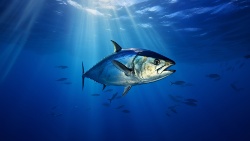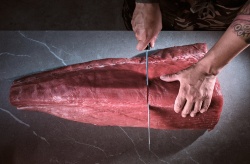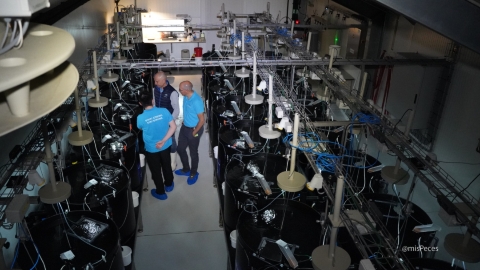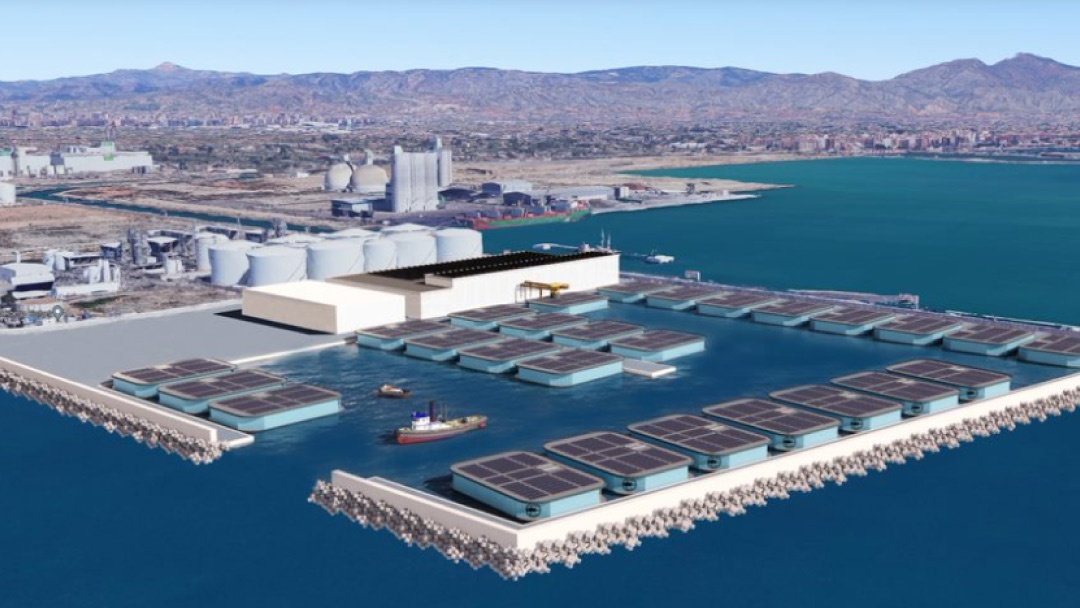
The Castellón City Council’s Board of Governors has granted an environmental licence to Next Tuna Spain SL for the establishment of a pilot farm for breeding Atlantic bluefin tuna (Thunnus thynnus) at the extension of the East Breakwater of the Port of Castellón.
This pilot facility marks the initial phase of a more ambitious endeavor aimed at completing the reproductive cycle of Atlantic bluefin tuna within a large-scale closed aquaculture system, with an estimated investment of €70 million.
The project has garnered essential approvals not only at the local level but also from infrastructural and environmental perspective, with positive reports from the Port Authority and the General Directorate of Coasts at the Ministry of Ecological Transition. Moreover, it enjoys the backing of research institutions such as the Oceanographic Centre of Murcia from the Spanish Institute of Oceanography, which will lend its expertise in tuna breeding and juvenile rearing.
Financing-wise, the initiative has secured support through the German Ministry of Economy’s Invest Venture Capital program and has received funding from EIT Food, part of the European Institute of Innovation and Technology, as previously reported by misPeces.
Advanced Technology to Tackle Major Challenges
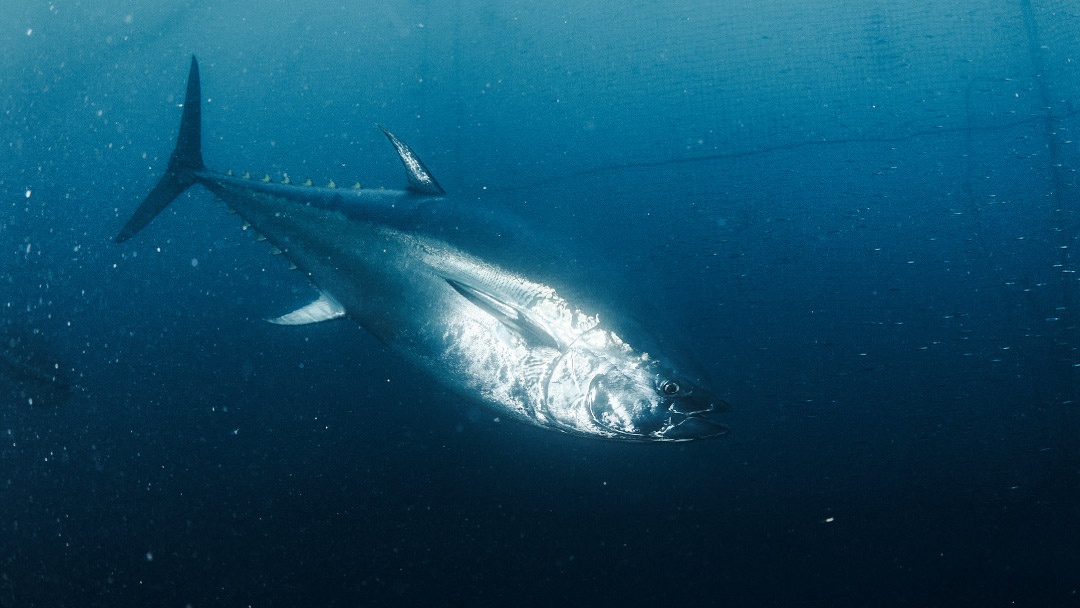
This innovative project employs state-of-the-art technologies, such as the floating Recirculating Aquaculture System (RAS). This system is crucial for addressing the challenges of raising bluefin tuna, a species noted for its significant size and the complexities associated with its captivity management.
Specific technical challenges include the need to maintain optimal water quality to prevent diseases and ensure healthy tuna development, as well as designing tanks that minimise collisions and injuries due to the fish’s rapid and robust swimming nature.
Additionally, breeding bluefin tuna under controlled conditions poses challenges related to proper sexual maturation in captive environment and developing specialised diets that support their growth and health at all life stages.
A key element in overcoming these hurdles is the partnership with Skretting, a provider of specialised feed. This collaboration enables the development of optimised diets that promote healthy growth of tune from juvenile to adult stages without the need for live bait, thereby enhancing biosecurity and the sustainability of the process.
This ambitious project not only has the potential to transform the bluefin tuna industry through sustainable aquaculture but also sets a new standard in the ethical and environmentally responsible production of high-value marine species.

